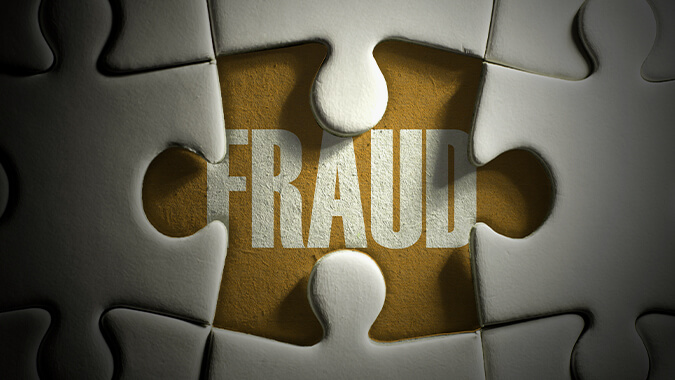
Should Insurance Companies Be Responsible for Coronavirus Business Interruption Payments?
- Published
- Mar 27, 2020
- Topics
- Share
Movie theater, casino and gym closings; event cancellations; curfews; and in-restaurant dining bans, on top of the gathering restrictions already in place, have left businesses at a standstill. While these restrictions are widespread, small businesses are taking the brunt of the pain to the point where many are reviewing their ability to remain in business.
For the small business proprietor who wisely purchased a business interruption (BI) endorsement under their existing commercial property policy and are hoping to recoup some of their losses, they may be in for a rude awakening.
BI insurance assumes coverage, up to the limit of the policy, for loss of business income from when the catastrophic incident begins until the business is back up and operational. Depending on the policy, it may even cover expenses incurred due to the incident, something that would not have been an expense in the normal course of operation.
Beginning in 2006, in an effort to limit the insurer’s exposure due to epidemics such as SARS, insurance companies started to include an endorsement change to their policies that excluded losses due to virus or bacteria. This change, Form CP 01 40 07 06, adopted by the Insurance Services Office (ISO) states: “We will not pay for loss or damage caused by or resulting from any virus, bacterium or other microorganism that induces or is capable of inducing physical distress, illness or disease.” This effectively means BI insurance is not going to help small businesses get back to work.
On March 16, 2020, a bill was introduced to the NJ Assembly Homeland Security and State Preparedness Committee that would require the insurance companies to forgo this virus exclusion and provide BI insurance coverage to small businesses that have less than 100 full-time employees working 25 hours or more per week in the state of NJ. The bill would cover those businesses that had BI insurance effective as of March 9, 2020, when New Jersey Governor Phil Murphy declared a state of emergency due to a public health crisis. This bill would require insurance companies that did not charge a premium for, and specifically stated they would not cover, loss of income due to “any virus, bacterium or other microorganism” to cover those losses.
The ISO has developed a form that would allow for an insurance rider to provide coverage for pandemic or viral transmission occurrences; however, the form has not been approved. This is the argument of NJ Assemblyman Roy Freiman: “This bill, then, is intended to hold harmless a certain portion of the business sector, which had the foresight to purchase business interruption insurance, for losses sustained as a result of the current health emergency, but for which no such coverage is currently offered.”
The bill was not voted on and has been temporarily held to allow insurers to look into alternatives to help their policyholders. If the bill does continue to move through the Assembly, it is anticipated that the insurance companies would most certainly stand by their decision to exclude all coronavirus-related BI claims.
Contact EisnerAmper
If you have any questions, we'd like to hear from you.
Receive the latest business insights, analysis, and perspectives from EisnerAmper professionals.











